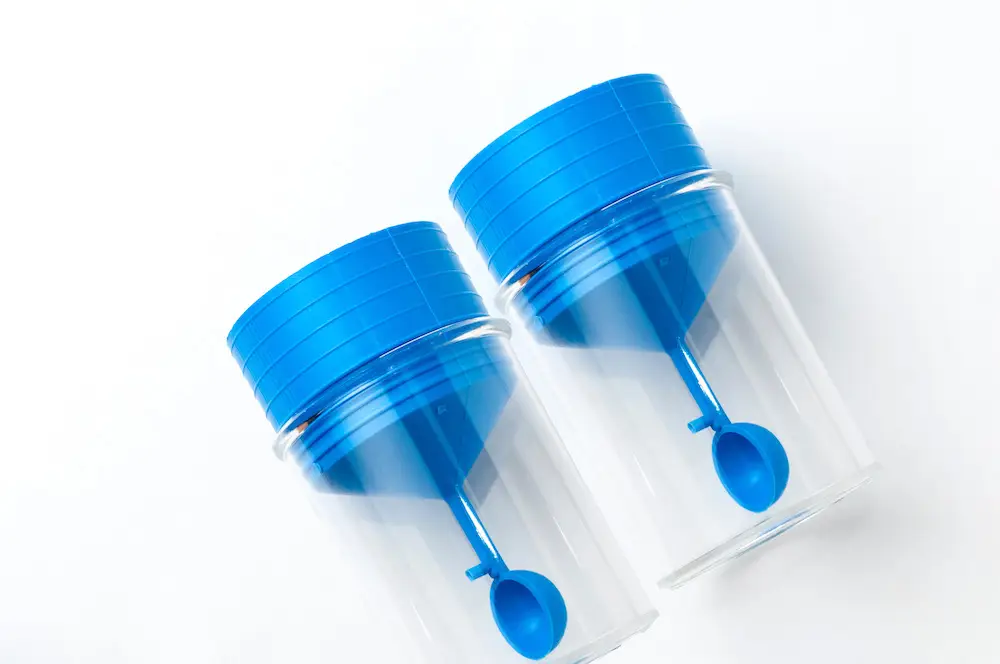News & Articles

A Guide for Faecal Immunochemical Test (FIT) Kit

Colorectal cancer is the third most common cancer worldwide and the second leading cause of cancer deaths in Singapore. Early screening, including a colonoscopy and the Faecal Immunochemical Test (FIT) Kit, can go a long way in improving survival rates for patients.
For individuals above the age of 50, it is common to have polyps form on the inner walls of the colon and rectum. Most polyps are benign (not cancer), but some polyps (adenomas) can become cancer and thus, should be removed if detected. Colorectal polyps and cancers can be detected by traces of blood that may be imperceptible to the naked eye.
The FIT is an inexpensive and non-invasive screening method that can help detect such traces in the stool. It can also be done easily in the comfort of your own home.
Who should use the FIT kit?
The FIT kit is recommended for individuals over the age of 50 who do not have any signs or symptoms of colorectal cancer. This is as colorectal cancer displays no symptoms in the early stages and can only be detected by screening. Individuals are encouraged to do the FIT once a year.
The proper usage of FIT kit
While using the FIT kit to collect stool samples may seem simple, a recent study has shown that one in ten patients has returned stool specimens that cannot be processed in the laboratory. This may be due to patient-related errors such as not enough stool samples, incorrectly labelled samples, old samples, and broken or leaking containers. By learning the proper usage of the FIT kit, it allows for more accurate and reliable testing.
How to use the FIT kit
Here are the recommended steps on how to use the FIT kit:
- Collect your stool on clean pieces of toilet paper. Ensure that the stool does not come into contact with urine or water.
Do not collect a stool sample if you have any bleeding conditions such as haemorrhoids(pus) or menstruation. - Open the specimen bottle and take out the collection spoon.
- Use the collection spoon to take samples from the insides and surfaces of the stool 6 times.
- Return the collection spoon with the stool sample into the specimen bottle and screw the cap tightly.
- Wrap the kit in bubble wrap before placing it into the biohazard bag provided. Return the specimen within the day of the test.
What to do if your result is positive
If the result comes back positive, it means that there is a presence of blood detected in your stool sample. It does not necessarily mean that you have colorectal cancer as there are possibilities of false-positive and false-negative results. Blood in the stool can also be caused by other medical conditions.
As such, it is highly recommended that you follow up with your healthcare provider and schedule an appointment for further evaluation.
Towards a better colorectal health
Early detection is paramount for those facing colorectal cancer. The FIT kit is an effective screening option for at-risk individuals as it provides an accessible means to detect any abnormalities early.
By incorporating FIT into routine screenings, individuals are on the right path to proactive health management and a hopeful future marked by colorectal wellness.
| POSTED IN | Cancer Prevention |
| TAGS | cancerous polyps, colon cancer, colonoscopy, FOBT (faecal occult blood test) |
| READ MORE ABOUT | Colorectal Cancer |
| PUBLISHED | 01 March 2024 |
